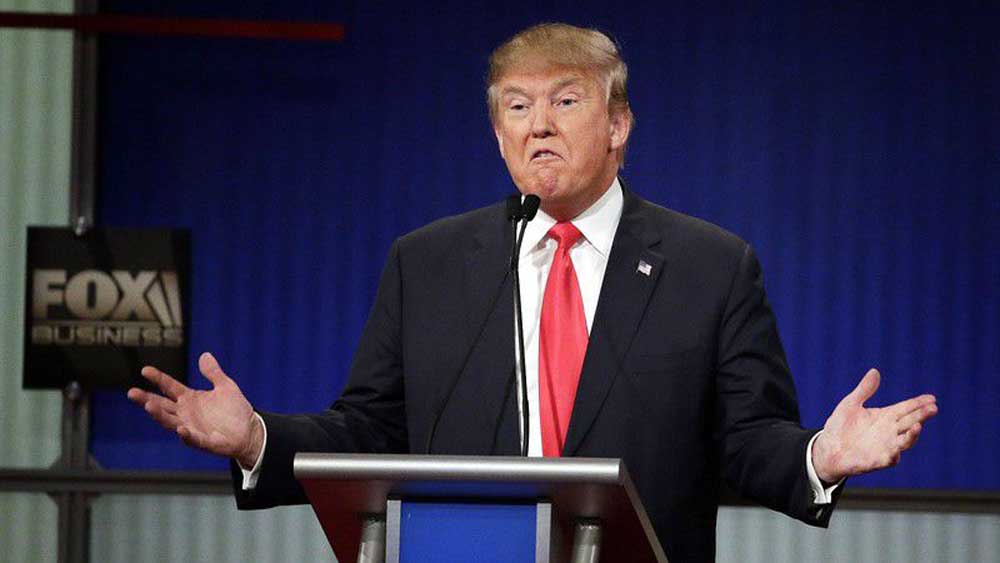Regulations reduce American prosperity
Published 8:12 pm Wednesday, April 6, 2016
The problem with the manufacturing sector in America isn’t free trade – the “bad deals” that presidential candidates Sen. Bernie Sanders and Donald Trump claim – but regulation.
“Many Americans are suffering financially,” the Cato Institute’s Doug Bandow wrote. “Yet the problem is not trade: Americans have grown wealthy as a trading nation. In contrast, regulation has done much to harm U.S. competitiveness. The Obama administration is busy writing new rules to turn America into its vision of a good society, irrespective of the impact on liberty or prosperity. Last year Uncle Sam spent $62 billion to run the rest of our lives.”
Trending
According to Patrick McLaughlin and Oliver Sherouse of the Mercatus Center at George Mason University, “Over the last 20 years the regulatory budget has more than doubled in real terms while the number of total restrictions has grown by about 220,000 – a 25 percent increase.”
Some estimates put the cost of bearing that regulatory burden at $1.88 trillion per year. But that’s probably low, because it’s difficult to report the amount of time and capital spent meeting regulatory requirements at all levels.
“Regulatory costs play out in many ways,” Bandow explained. “One aspect is what an individual or company spends to comply with government dictates. Far harder to measure is what does not occur as a result of arbitrary and expensive rules. What products are not launched, what enterprises are not started, what jobs are not created?”
On the other side, the benefits of regulations are often overstated.
“Of course, regulations theoretically are promulgated because they yield net benefits after costs,” Bandow noted. “However, agencies have an incentive to inflate the value of what they are doing. That means exaggerating problems and ‘social costs,’ overstating alleged benefits, and discounting compliance costs.”
Regulations increase inequality far more than trade imbalances, other economists say. As McLaughlin of the Mercatus Center points out, regulations “skew income toward politically connected producers and away from individuals who lack the resources necessary to navigate the legal and regulatory framework.”
Trending
Now, proponents of a strong regulatory system often cite consumer safety and corporate accountability as reasons for the government to oversee industry. But as Bandow pointed out, there are free-market solutions to those problems.
“A well-functioning tort system imposes accountability,” he wrote. “So does market demand, which rewards and punishes based on the quality and effectiveness of goods and services. Also, contra Donald Trump, international trade disciplines industries, like autos, which short-change consumers. Government does best setting broad, framework rules, especially for basic objectives like security, safety and health. How to achieve more practical ends – ensure that pharmaceuticals and medical devices are ‘effective’ – is far better left up to the marketplace.”
The problem, of course, is that Trump and Sanders are both supporters of big government programs. Their answer to what they perceive as a trade problem is to expand government influence and impose tariffs.
“Americans are suffering, especially blue collar workers and others,” Bandow said. “But closing off the economy is no answer to them.”







